Leadership
2023 Nobel Prizes: A Closer look at this year’s accomplished winners and their outstanding contributions
Published
2 years agoon
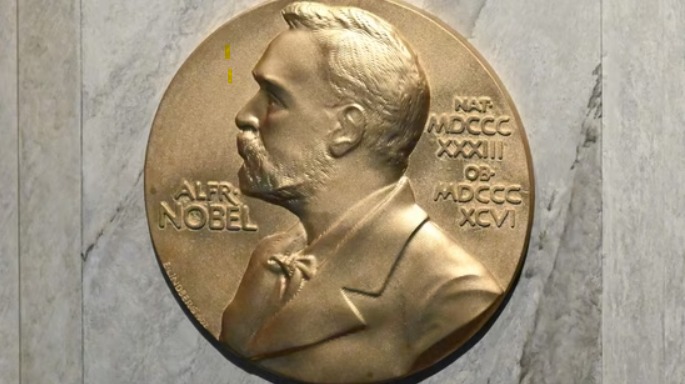
The Nobel Prize season has commenced anew. Annually in October, committees in Sweden and Norway announce laureates who have excelled in a variety of disciplines, including physics, chemistry, medicine, literature, peace, and economics.
The Nobel Prizes and the Sveriges Riksbank Prize in Economic Sciences in Memory of Alfred Nobel were given out 621 times to 1,000 individuals and organizations between 1901 and 2023. There are 965 people and 27 organizations in all who have won the Nobel Prize, some of whom have done so more than once.
Each year, six Nobel Prizes are given out, each honoring a person or group for their ground-breaking work in a particular subject. According to the Nobel committee, 351 people applied for the Nobel Peace Prize this year. In comparison to 2016, when 376 candidates were nominated, this is the second-highest number ever.
Previous Nobel Peace Prize recipients include Kailash Satyarthi and Malala Yousafzai (2014), President Barack Obama (2009), Nelson Mandela and F.W. de Klerk (1993), the 14th Dalai Lama Tenzin Gyatso (1989), and Mother Teresa (1979).
Let’s take a closer look at this year’s winners –
Prize in Economics – Claudia Goldin
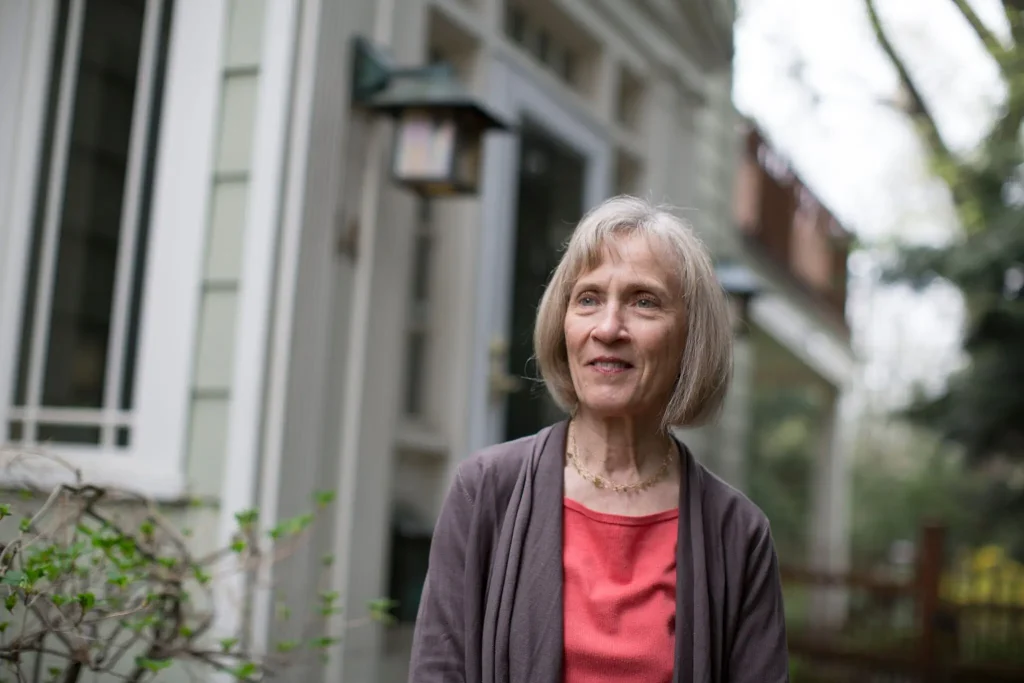
Claudia Goldin, a Harvard professor, received the Nobel Memorial Prize in Economic Sciences on Monday for contributing to global understanding of women’s advancement in the workforce.
She is the third woman to win the economics Nobel Prize, which was originally given out in 1969, and the first one to receive the award solely.
Dr. Goldin, 77, has long been a pioneer in the profession; in 1989, she became the first female to be awarded tenure in the department of economics at Harvard. Her extensive research has examined the reasons for the gender wage difference, the changes in women’s employment over the past 200 years, and the consequences for the labor force’s future.
The Nobel committee presented Dr. Goldin with the prize in Stockholm and praised her for her studies on women’s employment, which revealed that married women’s employment fell in the 1800s as the economy shifted from agricultural to industry. Then, as the service sector started to grow as an economic sector in the 1900s, women’s participation increased.
Peace Prize – Narges Mohammadi
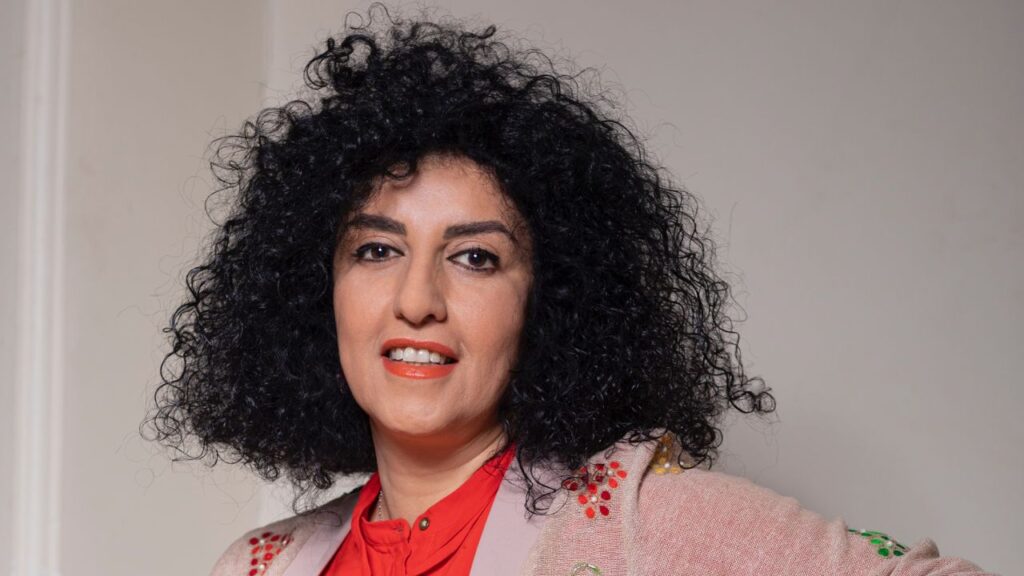
The Norwegian Nobel Committee gave Narges Mohammadi, the most well-known human rights advocate in Iran and a prisoner in that nation’s notorious Evin Prison, the 2023 Nobel Peace Prize on Friday in an effort to strengthen women’s rights in that country.
The 51-year-old Ms. Mohammadi has spent the most of the previous ten years in and out of jail on charges of “spreading anti-state propaganda,” and she has been imprisoned for ten years as part of Iran’s ongoing effort to punish and silence her for her activism.
She has experienced serious health issues, including a heart attack, while in prison, yet despite this, she has continued to be one of the most vocal opponents of the Iranian government.
She has organized prison rallies, published opinion pieces, and led monthly workshops for female detainees about their rights in reaction to a significant rebellion, led by women, that shook Iran last year after Mahsa Amini, a 22-year-old, passed away while in the custody of the nation’s morality police.
Prize in Literature – Jon Fosse
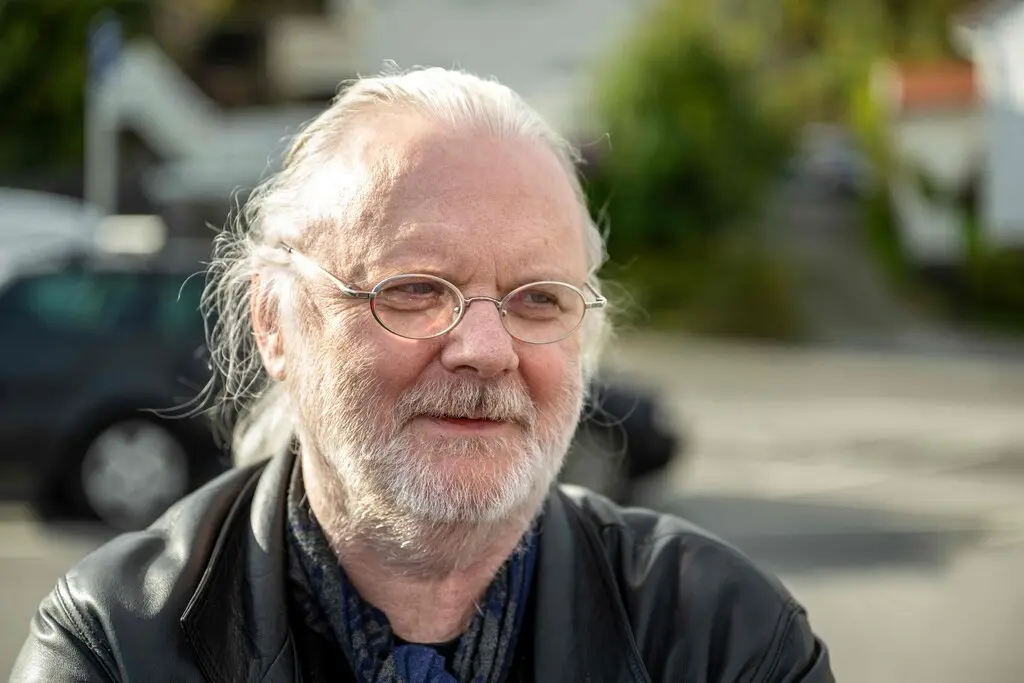
The Nobel Prize in Literature was given to Norwegian novelist, poet, and playwright Jon Fosse on Thursday “for his innovative plays and prose which give voice to the unsayable.” Fosse has found a growing readership in the English-speaking world for novels that deal with themes of aging, mortality, love, and art.
Fosse, a prolific author who has released almost 40 plays as well as novels, poems, essays, children’s books, and works of translation, has long been admired for his stylistic experimentation and simple, sublime language.
The Nobel literature committee’s chairman, Anders Olsson, commended “Fosse’s sensitive language, which probes the limits of words” during a news conference on Thursday.
Fosse is one of the most frequently performed living playwrights, and his works have been translated into about 50 different languages. His fiction has largely been the reason for his recent success in English-speaking nations; “A New Name: Septology VI-VII” was a nominee for a National Book Award last year, and two of his books have been shortlisted for the International Booker Prize.
Prize in Chemistry – Moungi G. Bawendi, Louis E. Brus and Alexei I. Ekimov
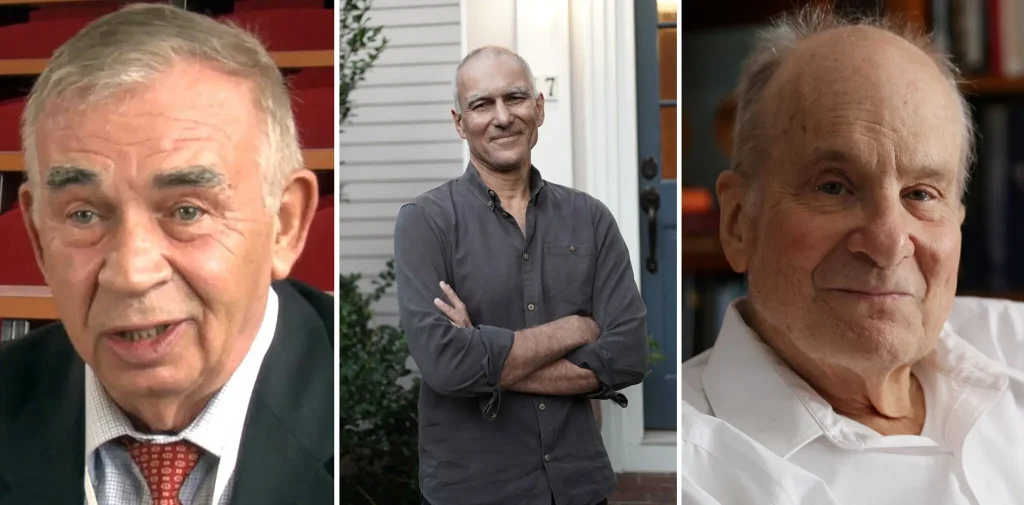
Moungi G. Bawendi, Louis E. Brus, and Alexei I. Ekimov received the Nobel Prize in Chemistry on Wednesday for their contributions as early proponents of nanotechnology. The new laureates discovered and created quantum dots, semiconductors consisting of incredibly tiny particles with hardly enough room for their electrons to breathe.
“Our electronic devices are powered by semiconductors, which are crystals. However, a quantum dot is made up of just a few thousand atoms compressed into a region just a few nanometers wide, whereas conventional crystals may be rather big at the molecular level”, according to the Nobel Foundation, the size gap between a soccer ball and the Earth is roughly equivalent to that between a quantum dot and a soccer ball.
At the press conference announcing the 2023 laureates, Johan Aqvist, the chair of the Academy’s Nobel committee for chemistry, stated, “For a long time, nobody thought you could truly manufacture such small particles. But this year’s laureates succeeded, he continued, pointing to five bright flasks arranged in a line in front of him that supposedly held quantum dots in a liquid solution.
An extremely rare leak that was first reported by Reuters and The Associated Press hours before the Royal Swedish Academy of Sciences, which bestows the prize, officially announced the laureates’ anticipated victory earlier on Wednesday morning in the Swedish news media.
Prize in Physics – Pierre Agostini, Ferenc Krausz and Anne L’Huillier
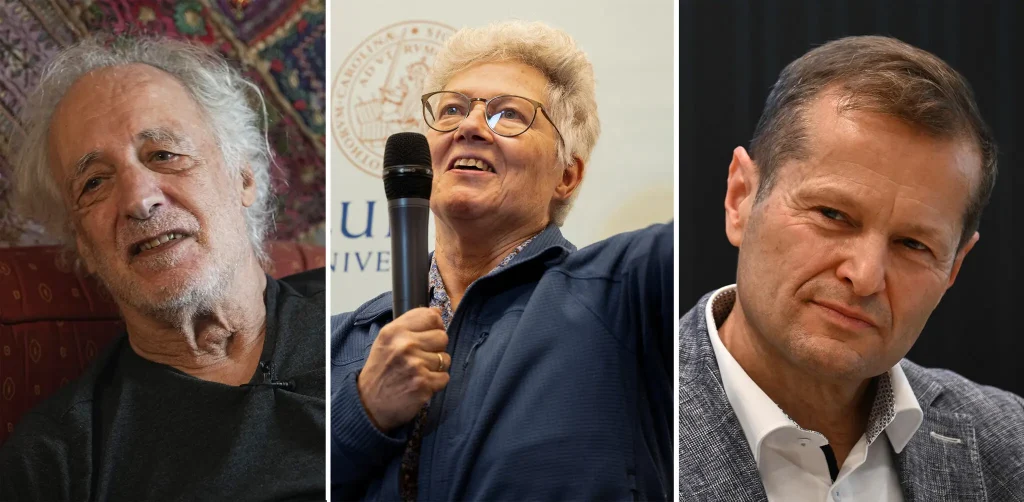
The Nobel Prize in Physics was given to Pierre Agostini, Ferenc Krausz, and Anne L’Huillier on Tuesday for their work using methods that shed light on the subatomic world of electrons and opened up previously unknown territory.
The incredible speed of electrons is 43 miles per second. They have long been impossible to examine due to their speed. Short light pulses are used in the new experimental methods developed by the three Nobel Laureates to record an electron’s movement in a single instant of time.
An attosecond, or one quintillionth of a second, is the shortest light pulse that may be used by scientists to observe the motion of electrons. According to the Royal Swedish Academy of Sciences, which bestows the Nobel Prizes, the number of attoseconds in a single second is equal to the sum of all the seconds that have passed since the universe first came into being 13.8 billion years ago.
Prize in Medicine – Katalin Karikó and Drew Weissman
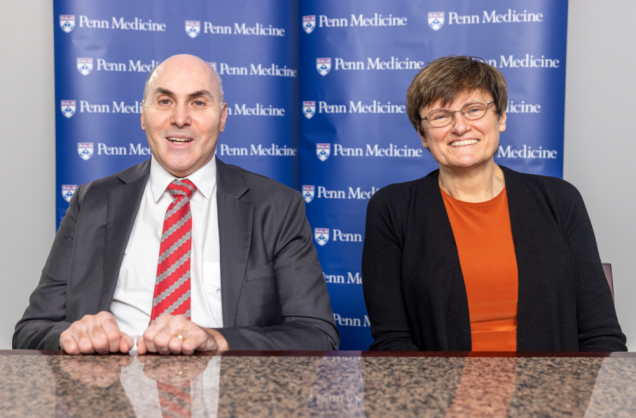
On Monday, Katalin Karikó and Drew Weissman received the Nobel Prize in Physiology or Medicine for their work in identifying a chemical modification to messenger RNA. Tens of millions of fatalities were prevented and the world was able to recover from the deadliest epidemic in a century thanks to their efforts, which made it possible to produce effective Covid vaccinations in less than a year.
The Covid vaccine, which has been given billions of times worldwide since it was introduced using the mRNA technique the two researchers created, has revolutionized vaccine development and laid the groundwork for immunizations that may one day provide protection against a variety of terrible diseases like cancer.
A strong anti-vaccine movement, particularly in the United States, has now confronted the laborious and systematic research that made the Covid injections possible. One of the most remarkable achievements of contemporary medical science, the vaccines’ quick creation, has been exploited in part by skeptics to cast doubt on the public’s confidence in them.
However, the scientific advances that led to these achievements took place across many years, notably at the University of Pennsylvania, where Dr. Weissman directs a lab.
Selection Process
The list of nominees for the year is presented by the Committee’s Permanent Secretary during the first meeting of the Nobel Committee following the deadline for nominations on February 1. The nomination procedure is then closed, and discussion of the specific candidates starts. The Committee may then add further names to the list. The Committee creates the so-called short list, or the list of applicants chosen for further consideration, in light of this initial examination. Usually, there are twenty to thirty individuals on the short list.
Nominations for the 2023 Nobel Peace Prize
The Committee neither informs the media nor the candidates themselves of the names of the nominees. Insofar as specific names frequently appear in the early predictions of who will receive the award in any given year, this is either pure speculation or inside information from the person or people who submitted the nomination. After fifty years, the database of nominations maintained by the Nobel Committee is made available to the public.
What do recipients of the Nobel Prize receive? Nobel Prize recipients receive a Nobel Prize diploma, a Nobel Prize medal, and a document outlining the Nobel Prize amount. This year, the prize amount is 11 million Swedish krona, equivalent to approximately $989,000 in current exchange rates.
You may like
-


Turbulence ahead? Airlines warn DGCA Cabin Crew norms could disrupt schedule
-


As rental rates surge in India’s key metros, is the homebuying dream dead?
-


What Economic Freedom Means to Indians in a Changing World
-


Perfios Collaborates with UIDAI for Offline Identity Verification
-


Pouring Love into Every Brew, Third Wave Coffee Rolls Out Four Unique Valentine’s Beverages
-
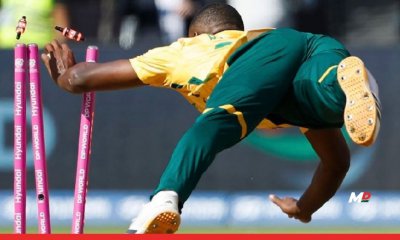

Proteas edge out Afghanistan in epic double Super Over thriller


